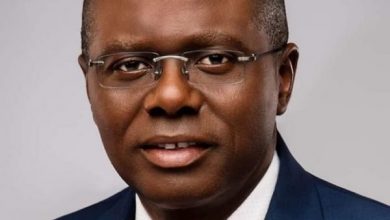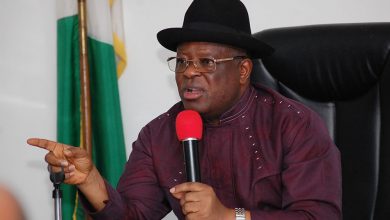UNILAG Vice-Chancellor Warns High Electricity Tariff May Cripple Nigerian Universities

The Vice-Chancellor, University of Lagos (UNILAG), Akoka, Prof. Oluwatoyin Ogundipe, has warned that the suspension of the nine-month-old strike action by the Academic Staff Union of Universities (ASUU) may not be a guarantee that the country’s institution will not suffer future strike actions.
Ogundipe, who recently retain his appointment as the Vice-Chancellor of UNILAG, aftermath the imbroglio with erstwhile governing council chairman of the institution, Dr. Wale Babalakin, also added that there may be a possible power blackout in most of the higher institutions, as a result of the hike in tariff by the Nigeria Electricity Regulatory Commission (NERC).
Prof Ogundipe, who made these submissions, during an interactive session with a journalist, revealed that UNILAG usually pay monthly charges of N61 million when academic and non-academic activities were in full capacity, but recently paid N62 million for the month of November 2020.
He said: “During the total lockdown when there were no activities apart from home use for workers living on campus, we were paying N32 million on a monthly basis. But now without the students on campus, we were charged N62 million for November. This implies that the amount may double when students are back on campus and activities resume fully. How can we afford that?”
The vice-chancellor said he checked other universities and found out that the situation is the same, saying there is hardly any university that can afford to pay such exorbitant charges in the country.
“And to complement this, we spent N45 million on diesel for three months. What is our subvention? How much do we generate? What does our personnel cost? This is a peep into the challenges confronting the Nigerian university system, yet we have to compete with institutions where basic amenities and workers’ welfare are necessities and not luxury,” Ogundipe added.
Recall that the Nigeria Electricity Regulatory Commission recently approved an increase in electricity tariff across the country, with the exception of customers who are being served less than an average of 12 hours per day in a given month.






